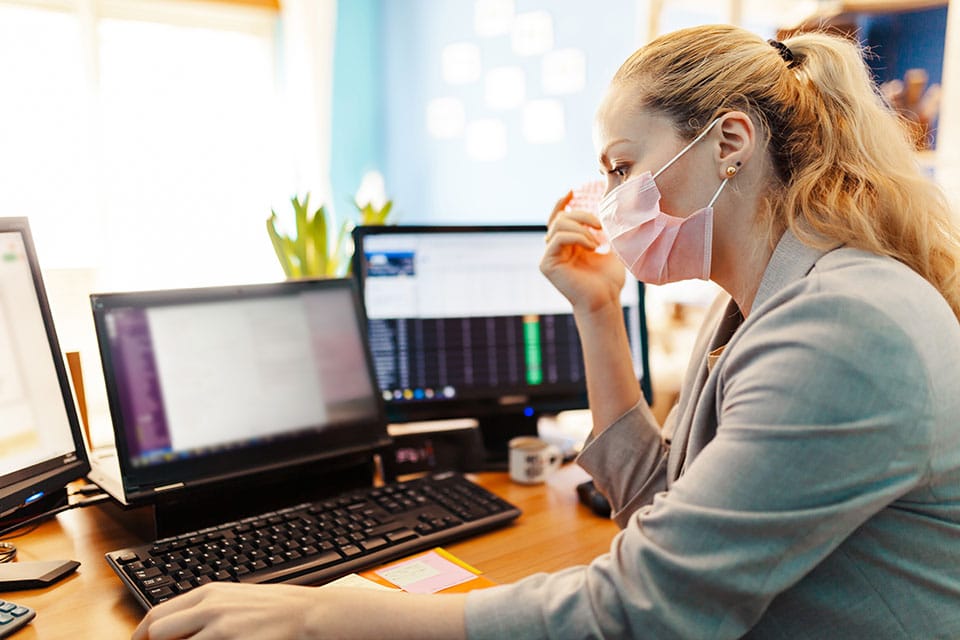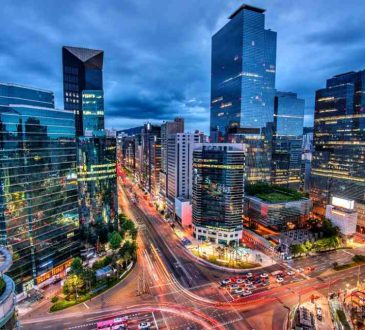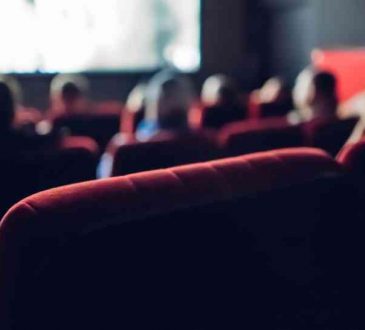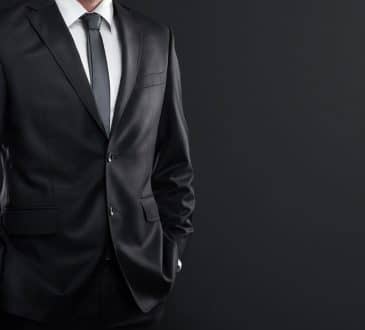What Comes After COVID-19?: Business Ethics In A Biohazard-aware World
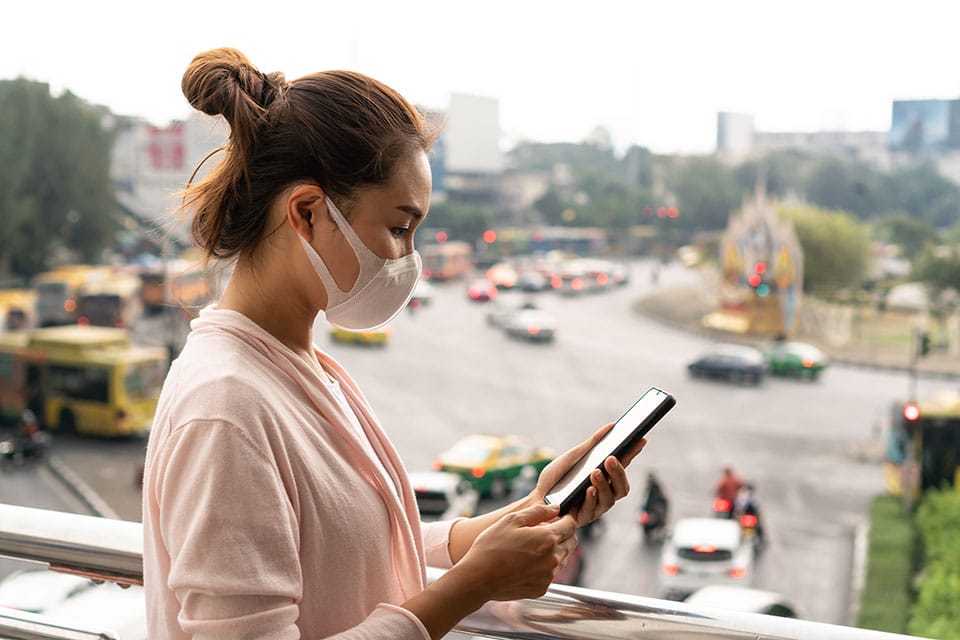
After a tumultuous couple of weeks, we might be finally getting some good news: The United States government has approved the use of a malaria drug to treat the COVID-19 outbreak, while Australian scientists seem to have found a cure in a readily available pill used for HIV treatment. There are plenty of reasons to be optimistic, but the pandemic is far from over.
What’s happening now
The WHO recently advised all countries to go on quarantine. While each country has its own take on how to implement it, most businesses are asking their non-essential personnel to take their work home. The problem? Many businesses don’t have the protocols or infrastructure for a virtual office, as a consequence, we are seeing an increase in demand for software development companies such as BairesDev for solutions.
And that’s just the technological side of the issue. Employees not only have to cope with staying indoors but also have to deal with toilet paper shortages, empty shelves and a change of lifestyle that for many feels less like a preventive measure and more like something out of The Walking Dead.
While we all hope for a cure that can save lives and let us go back to our daily routine, (and we might be getting one sooner rather than later), scientists predict we might be in it for the long haul.
A looming threat
Professor Neil Ferguson, head of the MRC Centre for Global Infectious Disease Analysis and his research team have run the numbers, and while we may manage to get the pandemic under control, we can’t let our guard down (Source: Imperial College London)
“We use the latest estimates of severity to show that policy strategies which aim to mitigate the epidemic might halve deaths and reduce peak healthcare demand by two-thirds, but that this will not be enough to prevent health systems being overwhelmed. More intensive, and socially disruptive interventions will, therefore, be required to suppress transmission to low levels. It is likely such measures – most notably, large scale social distancing – will need to be in place for many months, perhaps until a vaccine becomes available.”
It’s hard to tell if governments will comply, but this publication was enough of a wake-up call to cause a sudden shift in strategy in the UK. Even if they want to comply, there is also the toll the quarantine will have on the economy. Even with the recent bill passed on the U.S Senate floor, the Bank of America predicted an economic recession and estimates a contraction of at least 2.000.000 jobs on the U.S market by fall.
A Brave New World: Biohazard Awareness
While the world might not become a dystopian society like in Huxley’s book, we are not leaving this pandemic unscathed. Germany’s Prime Minister called the coronavirus the greatest threat to Germany since World War II, and no one needs a history lesson to know just how much the world was changed by it.
Employees will have to go back to their workplace sooner or later, but can we really turn back the clock to January when the flu was not an impediment to go to work? Can we go back to sleep and forget that an unknown pathogen locked down Italy, Spain, U.K, and the U.S? Can we forget the dread of thinking a virus could kill over 40.000.000 people worldwide?
A post-COVID-19 world is as aware of biohazards as it is of discrimination, climate change or smoking, and businesses need to keep this in mind. We might be seeing a transition akin to how offices became smoking-free areas. Experts are saying that this is the perfect time to think about three key areas:
- Virtual office integration that allows for real-time interactions between workers in different geographical locations in a seamless manner, this involves not just a solid network infrastructure but also the development of apps for mobile devices that allows quick access to an employee’s virtual desk. While some may have the R&D for this project, many should consider hiring a software development company or consultant for help.
- Rethinking processes to accommodate for asymmetrical or long-distance communications. No employee should depend on another employee if there is a chance that they might not be able to get in touch promptly. This also means accommodating for a virtual office environment, figuring out which jobs require a physical office space and which can be handled over the net.
- Rethinking office space to build better and healthier environments for all employees. A cheaper option than building more office space is to just have fewer people on-site. More personal space is usually related to higher levels of motivation, and less crowded spaces mean there is less risk of contagion.
The COVID-19 pandemic is heart-wrenching. More people have already died in Italy than the victims of 9/11, and it doesn’t seem like the numbers are slowing down anytime soon. Not only do we need to do our best right now, but we need to prepare for the months to come.
Scientists and healthcare professionals are doing their part, but all that hard word amounts to nothing if society doesn’t rise up to the challenge. We cannot predict when another unknown pathogen is going to infect someone, but we can be prepared. That’s what awaits us after COVID-19: rethinking our business in a new challenging landscape.
Have you read?
Best Countries For Adventure Tourism.
Luxury Superyacht Charter with Aegean Luxury Yachting.
World’s Best Countries To Retire.
World’s Best Countries For Women.
Add CEOWORLD magazine to your Google News feed.
Follow CEOWORLD magazine headlines on: Google News, LinkedIn, Twitter, and Facebook.
This report/news/ranking/statistics has been prepared only for general guidance on matters of interest and does not constitute professional advice. You should not act upon the information contained in this publication without obtaining specific professional advice. No representation or warranty (express or implied) is given as to the accuracy or completeness of the information contained in this publication, and, to the extent permitted by law, CEOWORLD magazine does not accept or assume any liability, responsibility or duty of care for any consequences of you or anyone else acting, or refraining to act, in reliance on the information contained in this publication or for any decision based on it.
Copyright 2024 The CEOWORLD magazine. All rights reserved. This material (and any extract from it) must not be copied, redistributed or placed on any website, without CEOWORLD magazine' prior written consent. For media queries, please contact: info@ceoworld.biz
SUBSCRIBE NEWSLETTER



